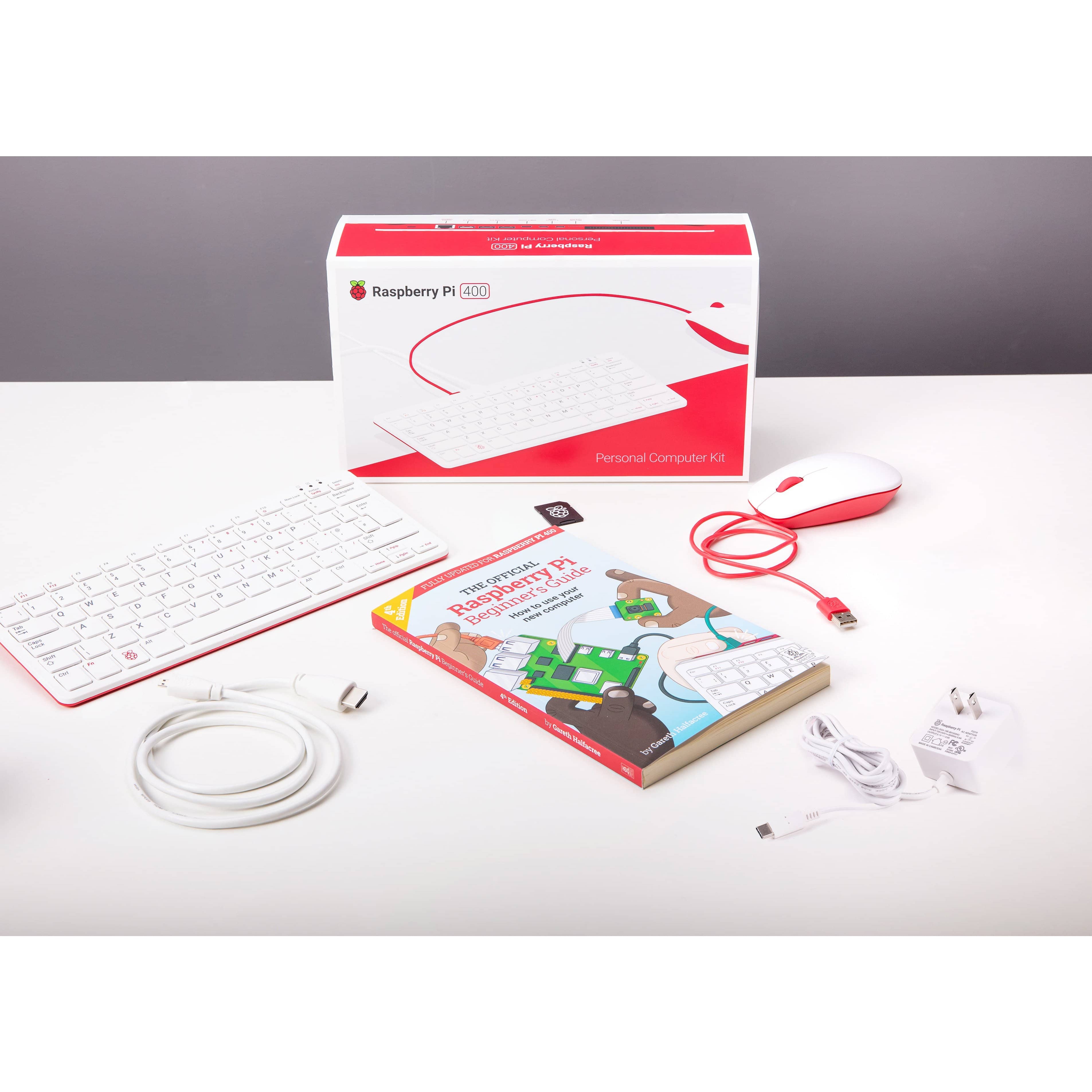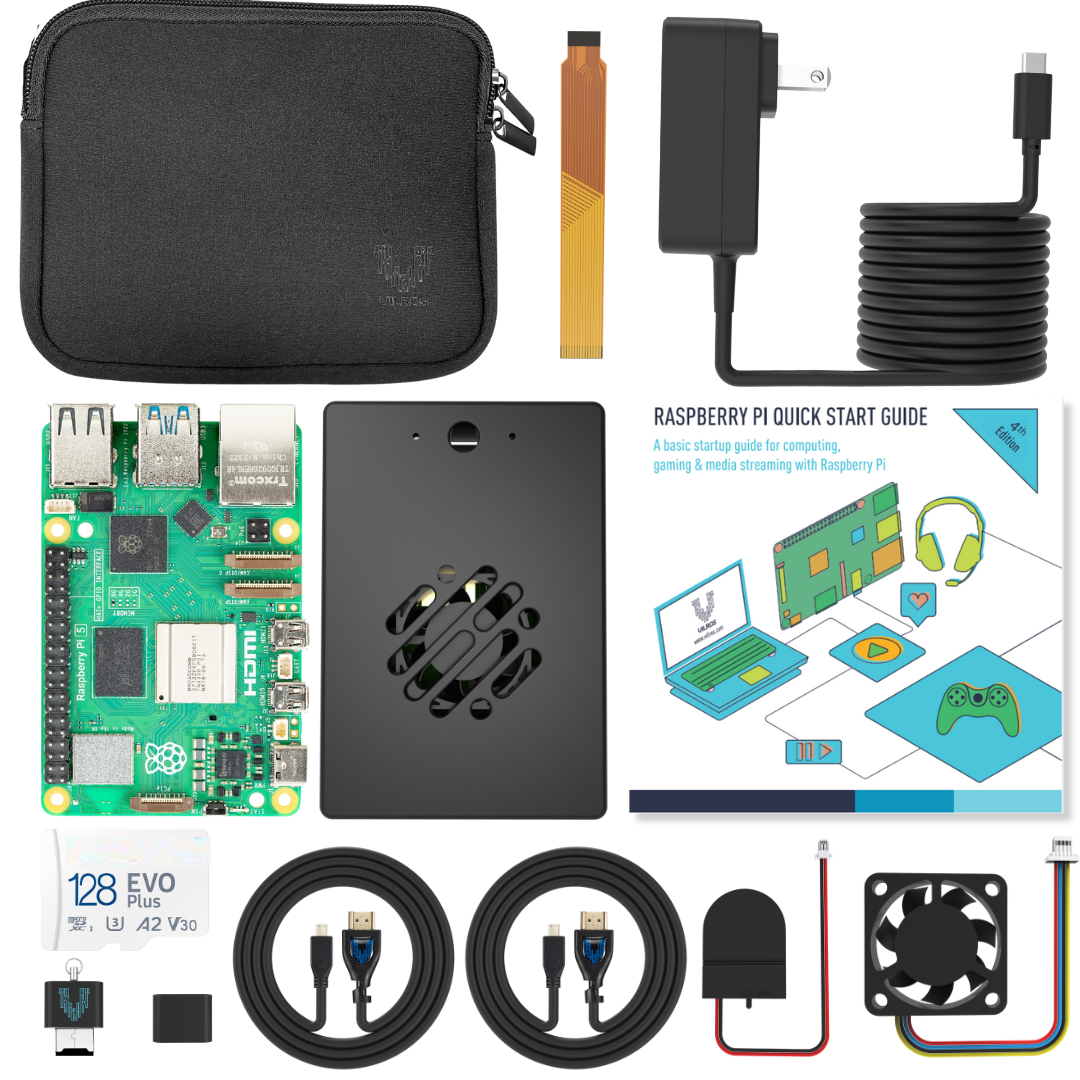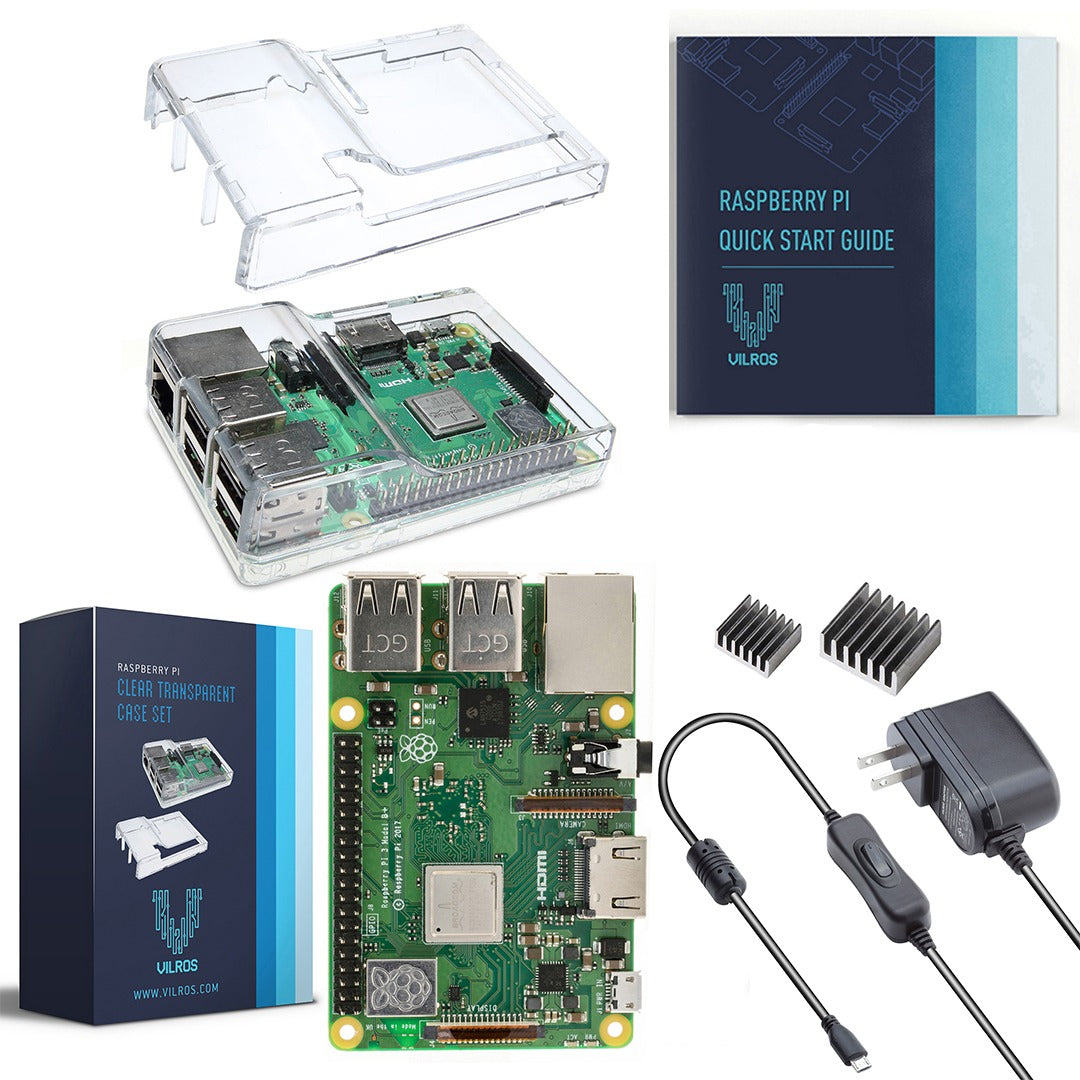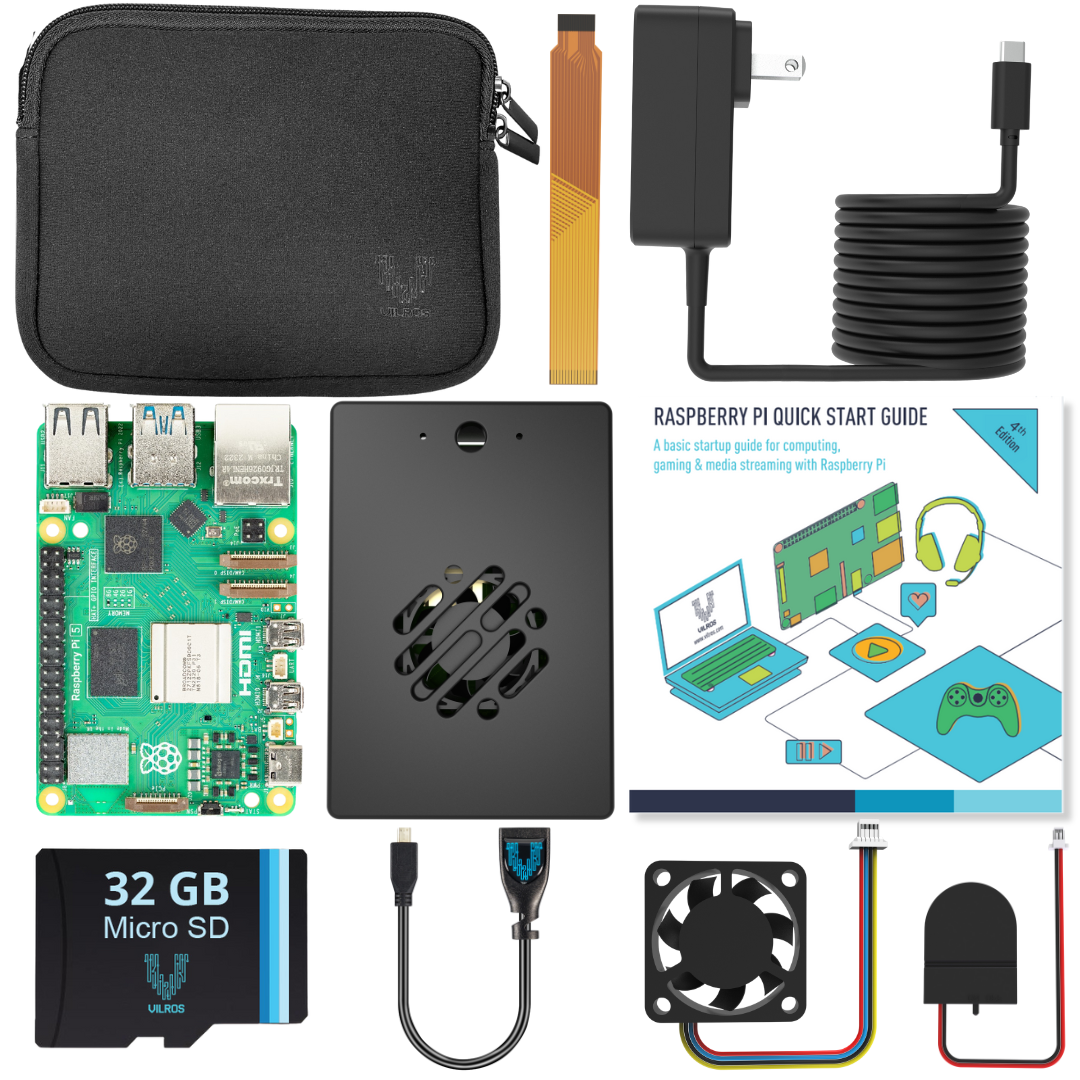
Raspberry Pi: Machine Learning, AI, and IoT
Raspberry Pi: Machine Learning, AI, and IoT
Raspberry Pi: Machine Learning, AI, and IoT
Smart houses, smart offices, and a lot more can help people to get rid of heavy machinery. Besides, automation is welcomed by people for all kinds of technological advancements. Now, it brings us to the IoT, AI, and Machine Learning.
Besides, the Internet of Things (IoT) and Artificial Intelligence (AI) are converging to produce new commercial prospects. Technology advancements like the Raspberry Pi computer systems have significantly increased the possibilities of AI for organizations.
Artificial intelligence research on the Raspberry Pi 4 is opening the door to ground-breaking options in various fields, including automated video analytics and AI-enhanced personal assistants.
Let's examine in more detail how the Raspberry Pi 4 functions as a fantastic device for developing dynamic apps that utilize AI and Machine learning.
What is the impact of AI running on Raspberry Pi?
In addition to smartphones and computers, other organizations, such as the Raspberry Pi Foundation, are giving people access to the potential of digital fabrication.
In the realm of computers, the Raspberry Pi has gained popularity due to its small size and extremely low price. It also classifies itself as an "Internet of Things" device due to its ability to run on the special Windows 10 IoT Core edition. It stands out as one of the important IoT learning platforms.
Want to know how?
The Raspberry Pi is a fantastic IoT gadget, believing the industry experts. Its advantages as an IoT device include its tiny size, low power consumption, and simplicity of cloud management.
The network connectivity of Raspberry is one of its main advantages in the IoT market. The majority of Raspberry Pi boards have an Ethernet connection built-in. Additionally, it is simple to attach a WiFi dongle thanks to the USB ports on it.
More technologies will be able to respond to sudden changes in our surroundings thanks to artificial intelligence or machine learning. Consider integrating a miniature vehicle with a Raspberry Pi, a webcam, and GPS to be able to intelligently navigate to the destination or a gadget that opens the garage door when it detects our vehicle approaching. The Raspberry Pi will be able to create these smart devices because of its AI capabilities.
Overall, adding artificial intelligence to the Raspberry Pi is a great move. It opens up the potential of the Internet of Things to every maker and hacker in the world and makes it possible to build even smarter computer-based products.
Raspberry Pi and smart devices implementation
A great place to start learning about computing and programming is with a single-board computer like the Raspberry Pi. There are many potentials to develop incredibly fascinating projects with the Raspberry Pi in fields like computer vision, gaming, IoT applications, and much more.
The Raspberry Pi may even be used for operations like object identification, facial recognition, and surveillance with a camera connection. The Raspberry Pi is the most affordable and effective option if you're a novice looking to get started with programming and coding. For more difficult projects, it can also be used by experts or intermediate-level hobbyists.
One of the best things about utilizing an operating system like Raspbian OS to develop software is that Raspberry Pi supports a wide variety of programming languages, including Python. The OS comes with a pre-installed program called Thony Editor that you may use to code your Python programs.
It is simple to deploy any application written for Raspberry Pi, including deep learning and machine learning programs. Real-time computer vision activities like video surveillance, face recognition, etc., can be carried out with the Raspberry Pi in conjunction with external attachments like cameras, audio devices, etc.
Common Application: Raspberry Pi Face Recognition-Based Door Lock
Since its introduction on Apple's iPhones in 2017, the face recognition-based phone unlocking mechanism has been a game-changer for the smartphone market. In a similar vein, home automation, security, and monitoring systems have recently assimilated into many people's daily lives.
This project creates a face recognition password-based door unlocking system. For visualization and to set up the key faces, it uses a Raspberry Pi 4 board, a Raspberry Pi V2 camera module, and a 7-inch touchscreen display.
If the observed face matches one of the key faces set up in the application, the project uses deep learning techniques for facial recognition and notifies the door to unlock. The application continually scans a live video feed to find human faces in it using a Raspberry Pi camera module V2. The door is unlocked if the human face matches the key's specified human face.
These photographs, which are saved in the project folder and labeled with the names of the people, are used by the application to train itself. The password is approved if the live feed image has a face that matches the taught image encodings.
Python programming is used to create the entire application. The entire project is developed using the Python library for servo motor control and commercial face recognition packages.
Google AIY Voice Kit Projects
The first item produced by AIY Projects was the Google AIY Voice Kit, a DIY intelligent speaker. This intelligent speaker, comparable to an Amazon Alexa, Google Home, or Apple Homepod, is loaded with voice detection technology that can interpret human speech, translate it into text, and then start an action or answer a question. The AIY Voice Kit may be put together quickly (see this video on AIY Assembly) and used right away to develop any DIY project where voice detection can be useful.
This kit includes a specific Voice Kit Pi and associated hardware and everything you need to get started. You may use the kit to investigate the technology underlying all things Google Voice by using the Google Assistant API and Google Cloud, the same technology utilized in Google Home.
Know the Features of Raspberry Pi 4 before working on a project
The single-board computer Raspberry Pi series has fundamentally altered the software development industry. The Raspberry Pi 4 has launched on the market with an enhanced architecture in response to the exceptional performance of the Raspberry Pi Zero and its offspring.
The most recent model of the reasonably priced Raspberry Pi mini-computer series is the Raspberry Pi 4 Model B.
With a considerable performance gain from a USB 3.0 connector, the Cortex-A 72 SoC replaced the Cortex A53 processors in the Raspberry Pi 4 SoC. The machine may effectively replace a workable home theatre setup thanks to its twin 4k display output at 30 frames per second and 4 GB of RAM.
AI Processing Power & Pi Limitations
Processing power is a major requirement for the development of artificial intelligence. For instance, processing a single computational activity in AI networks and AI model building can take a server farm days.
However, these models and networks can be used on far less powerful devices after they have been trained. This is a crucial step toward utilizing AI's benefits without needing excessive computational power.
The infamous Raspberry Pi can be used in a variety of ways to run AI models over a brief period, despite having significantly less computational capacity than a current server.
FAQs
- Can you use Raspberry Pi for business?
In addition to having the technology to benefit your business, Raspberry Pi also has a vast array of computing items and a network of reliable design partners that can give you the essential assistance you require to locate your ideal setup.
- What impact does AI have on business?
Your company may be able to automate and optimize repetitive procedures and processes, which will allow you to save time and money. Boost operational effectiveness and productivity. Depending on the results of cognitive technology, make business decisions more quickly.
- Why is Raspberry Pi used in IoT?
It is the perfect choice for IoT projects thanks to its strong CPU, Wireless LAN, and Bluetooth 4.1 radio, which allow several sensors to be linked to it concurrently. The Raspberry Pi also features a 40-pin GPIO (General Purpose I/O) connector for connecting with external sensors.
- Is Raspberry Pi an IoT platform?
Recently, Raspberry Pi has become the preferred IoT platform. Its popularity is enhanced by open source, affordable, versatile hardware, strong community support, and a tonne of IoT projects that have already been adopted.
- Does IoT have a future?
IoT has the potential to have an infinite future. Increased network agility, integrated artificial intelligence (AI), and the ability to install, automate, coordinate, and protect a variety of use cases at hyper-scale will expedite the development of the industrial internet.
Bottom line
As IoT advances within days, this is the best time to experiment. Additionally, the Raspberry Pi is a full computer device that runs several different programming languages, such as Python, Ruby, PHP, and Java.
If you are ready to take up the chance, Virlos has all the Raspberry Pi kits and many other accessories. So, just get in touch, and let’s build something smart and intelligent.









